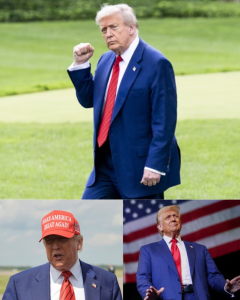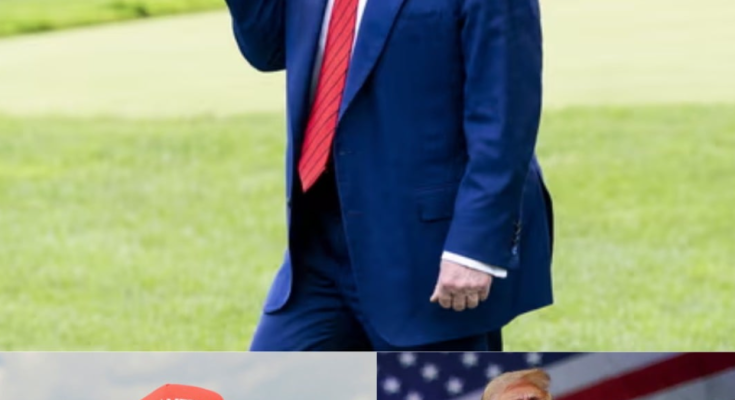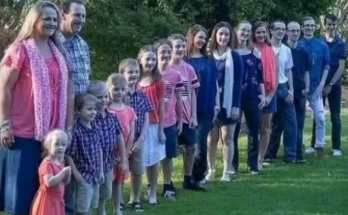Donald Trump’s nomination for the 2026 Nobel Peace Prize has ignited a storm of discussion around the world, with reactions ranging from enthusiastic praise to outright disbelief. While the Nobel committee has not confirmed any shortlist, leaders from multiple nations have publicly declared that they have put Trump’s name forward, each citing different diplomatic achievements. The result is a swirling global conversation about what the Peace Prize stands for, whether Trump’s actions merit such recognition, and whether political motives are overshadowing the prize’s original intent.
The most prominent wave of nominations began in mid-2025. Pakistan made headlines when it announced that it had nominated Trump for his alleged role in de-escalating tensions with India during a recent military standoff. Pakistani officials credited Trump’s behind-the-scenes diplomacy with preventing a wider conflict. However, this move quickly drew criticism at home and abroad. India firmly denied that the United States played any mediating role, stating that the ceasefire was a result of direct bilateral talks. In Pakistan, opposition figures accused the government of embarrassing the country by praising a foreign leader for an outcome that, in their view, he had little to do with.
Shortly afterward, Israeli Prime Minister Benjamin Netanyahu formally nominated Trump, focusing on his work in brokering the Abraham Accords during his previous presidency. The accords normalized relations between Israel and several Arab states, which Netanyahu described as one of the most important steps toward peace in the region in decades. Supporters of this nomination argue that the accords have already reshaped Middle Eastern diplomacy, creating new economic and cultural ties. Critics counter that they bypassed the Palestinian question entirely, potentially freezing a core conflict rather than resolving it.
Cambodia’s Prime Minister Hun Manet added another layer to the story by nominating Trump for helping to end a border clash with Thailand. According to Cambodian officials, a direct phone call from Trump prompted both sides to agree to a ceasefire. They portrayed the intervention as decisive and life-saving. Yet analysts pointed out that the nomination also came shortly after Trump lifted tariffs on Cambodian exports, suggesting that economic gratitude may have been as much a factor as diplomatic achievement.
The list of endorsements continued to grow when the leaders of Armenia and Azerbaijan jointly backed Trump following a White House-hosted peace framework agreement. The deal, which included plans for a symbolic “Trump Route” railway linking the two nations, was hailed by both governments as a turning point after decades of hostility over Nagorno-Karabakh. For Trump, it was a dramatic display of statesmanship. For skeptics, it was a carefully staged event that may have papered over deeper tensions, as reports persisted of human rights abuses and unresolved territorial grievances.
Earlier in the year, the Democratic Republic of Congo’s President Félix Tshisekedi also nominated Trump after a U.S.-brokered agreement with Rwanda. Supporters called it a historic breakthrough, ending years of cross-border violence. Humanitarian figures like Nobel laureate Denis Mukwege, however, sharply criticized the deal, arguing that it was less about peace and more about securing access to valuable mineral resources.
These repeated nominations from diverse parts of the world have created an unusual diplomatic map. They suggest that Trump’s brand as a “deal-maker” is resonating with certain leaders, particularly in regions where U.S. support brings tangible benefits. At the same time, they highlight how Nobel nominations can be influenced by geopolitical interests, economic incentives, and mutual public relations boosts.
Critics argue that many of these agreements share a common flaw: they are transactional and short-term. Ceasefires and trade-linked diplomacy can bring immediate relief, but without structural reforms or inclusive negotiations, they may not last. In this view, rewarding such deals with the Nobel Peace Prize risks diluting the award’s meaning. Supporters counter that even temporary peace is better than ongoing bloodshed, and that Trump’s willingness to engage directly with leaders—sometimes bypassing traditional diplomatic channels—has produced tangible results.
The broader debate touches on the history of the Nobel Peace Prize itself. Since its inception in 1901, the prize has been awarded to both long-term peacebuilders like Nelson Mandela and to figures whose recognition was more symbolic, such as Barack Obama in 2009. That precedent fuels arguments that the prize can serve not only as a reward for achievement but also as encouragement for continued peace efforts. The danger, critics say, is when symbolism overshadows substance, leading to awards for initiatives that later unravel.
There is also the matter of the nomination process. Any qualified nominator—such as national lawmakers, university professors, or former laureates—can submit a candidate. Hundreds of names are sent to the Nobel Committee each year, and most never progress beyond the first review. The public rarely learns about them unless nominators themselves make announcements. In Trump’s case, the willingness of multiple leaders to go public with their nominations seems aimed as much at sending a political message as at influencing the committee.
For Trump’s supporters, the nominations are vindication of his foreign policy approach. They point to his ability to secure deals in volatile regions, his readiness to insert himself into disputes, and his track record with agreements like the Abraham Accords as evidence that he deserves serious consideration. They argue that peace does not always emerge from perfect agreements, but from the willingness to stop fighting and start talking.
For detractors, the nominations highlight the risk of turning the Nobel Peace Prize into a stage for political theater. They note that some of the cited “peace deals” have already shown signs of strain, and that the underlying conflicts remain unresolved. They warn that awarding Trump could set a precedent for honoring leaders whose actions are more about optics and self-promotion than building lasting peace.
Ultimately, the Nobel Committee will decide whether Trump’s nominations translate into a shortlist spot or a win. Whatever the outcome, the conversation his candidacy has sparked is likely to continue well beyond the 2026 announcement. It raises fundamental questions about what the Nobel Peace Prize should reward: Is it the immediate act of halting violence, the long-term creation of stability, or the symbolic power of diplomacy? And can the prize remain above political gamesmanship in an era when global leaders are quick to use it as a tool for their own agendas?
Whether Trump’s name is called in Oslo or not, the debate over his nomination will leave a mark on the history of the award. It has forced the world to confront the tension between peace as an outcome and peace as a narrative—a distinction that will shape how future generations judge not only Trump’s legacy, but also the meaning of one of the world’s most prestigious honors


